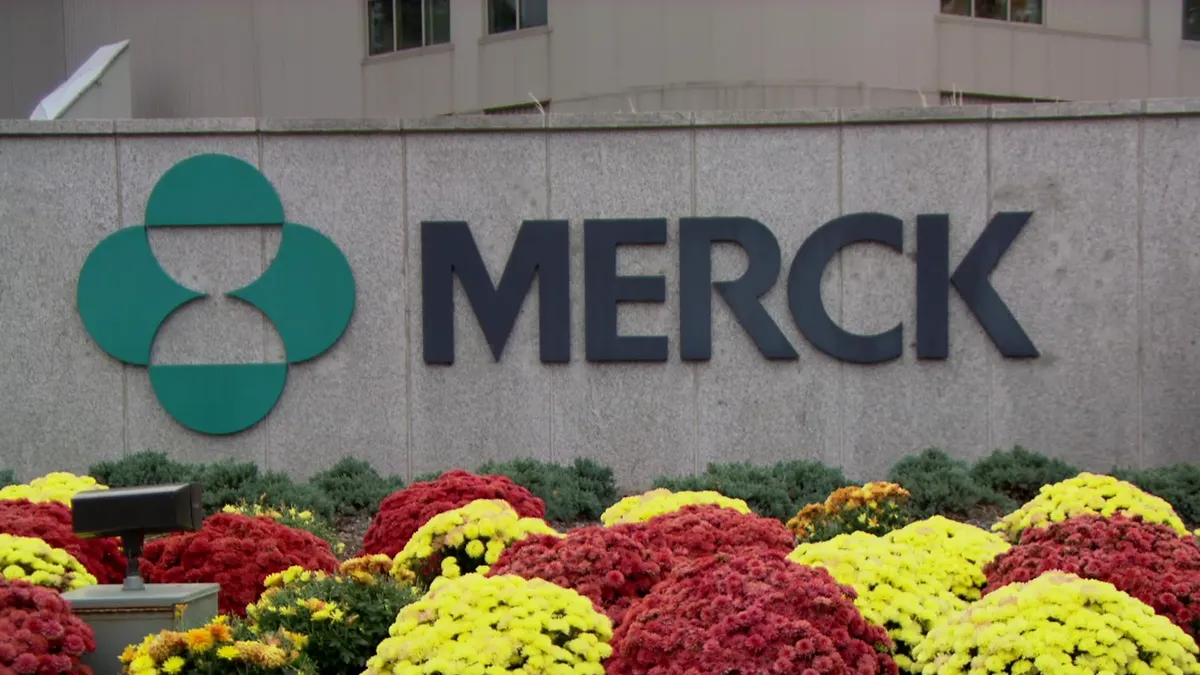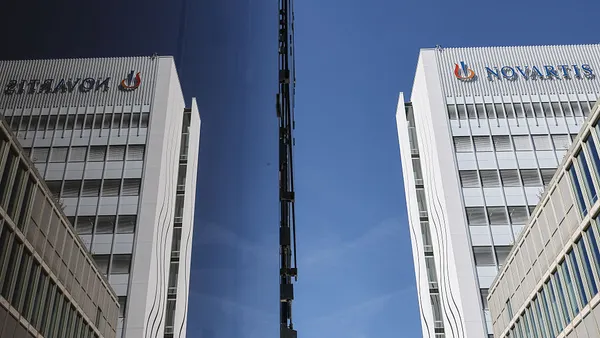Venezuela, officially known as the Bolivarian Republic of Venezuela, is one of the most urbanized countries in South America. The vast majority of its population — about 30 million people — live in cities in the north, particularly in the capital Caracas.
Best known for its vast oil industry, Venezuela is also rich in environmental biodiversity. However, shortages, currency difficulties, declining oil  prices, and political problems have led to a sharp economic decline in the country. Challenges facing companies doing business in the country include price controls, high inflation, currency devaluation, import and foreign currency controls, and government attitudes to standard business practices, according to Business Monitor International.
prices, and political problems have led to a sharp economic decline in the country. Challenges facing companies doing business in the country include price controls, high inflation, currency devaluation, import and foreign currency controls, and government attitudes to standard business practices, according to Business Monitor International.
Pharmaceutical Presence
About 30 local companies produce pharmaceutical products in the region, says Ash Kuchel, global group president, Publicis Healthcare.
“In recent years, major pharma companies have shifted locations, but companies such as Sanofi, Bayer, and Teva remain," he says.
Takeda entered the Venezuela market in 2008, originally as Nycomed Venezuela. The company focuses on therapeutic areas such as gastroenterology, respiratory, pain, and calcium/vitamin D. Takeda notes that new therapeutic areas in its portfolio — metabolic, oncology, cardiovascular, central nervous system, and immunology products — will allow it to increase its presence in Venezuela.
Many large companies remain wary of the market, with one large global clinical research organization noting that it does not do business in the country because of regulatory uncertainties.
Managing Shortages
One significant challenge the country has faced is medicine shortages in pharmacies and medical centers. Last July, the president of the Venezuelan Pharmaceutical Federation, Freddy Ceballos warned of a 60% shortfall in medicines and urged the government to act immediately.
The Pharmaceutical Industry Chamber, which represents 31 importers and producers of medicines in Venezuela, on the other hand stated the situation was improving.
 One step the government has taken to address shortages has been to sign cooperative agreements with Uruguay and Argentina to import high-demand medicines into Venezuela beginning earlier this year, Mr. Kuchel says.
One step the government has taken to address shortages has been to sign cooperative agreements with Uruguay and Argentina to import high-demand medicines into Venezuela beginning earlier this year, Mr. Kuchel says.
According to a Pharma and Healthcare Insight report, in 2013, Venezuela’s top five pharmaceutical import partners included Germany, the United States, Mexico, Brazil, and Cuba. Uruguay, Argentina, Colombia, and Panama were among the top 15 import partners. In 2013, the total value of imported pharmaceutical goods into Venezuela came to US $3.6 billion, which was expected to rise to US $6.3 billion in 2014, and then fall slightly to US $5.4 billion in 2018.
“For marketers, the medicine shortages means they have an opportunity to capitalize on the more recent demand for and curiosity about brands and increased focus on preventive medicine," Mr. Kuchel comments.
Another step has been creating a unified health system to increase healthcare access and providing financial support to R&D to address the shortage.
Mr. Kuchel says efforts to address the shortages alongside changes to healthcare present a huge opportunity for brands and companies to develop and execute education campaigns.
“There will also be an increased focus on preventive medicine and training for medical staff," he says.
Analysts at MarketResearch.com say Venezuela’s improving foreign currency supply, increasing pharmaceutical imports from political allies, and the potential expansion of free medicine coverage in the public sector will ease the shortage of local medicines in the near term. (PV)
~~~~~~~~~~~~~~~~~~~~~~~~~~~~~~~~~
Ash Kuchel / Publicis Healthcare
~~~~~~~~~~~~~~~~~~~~~~~~~~~~~~~~~








